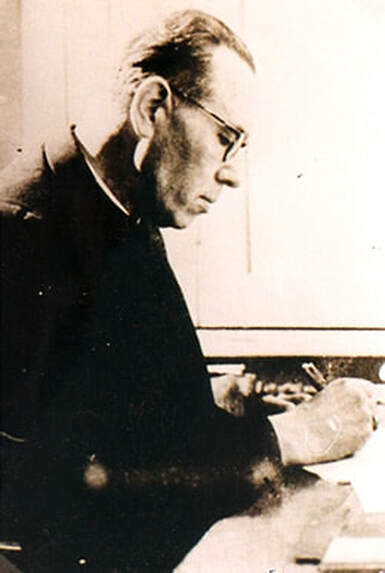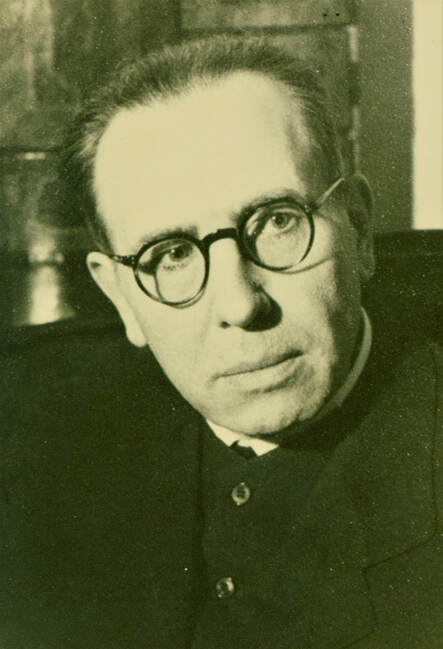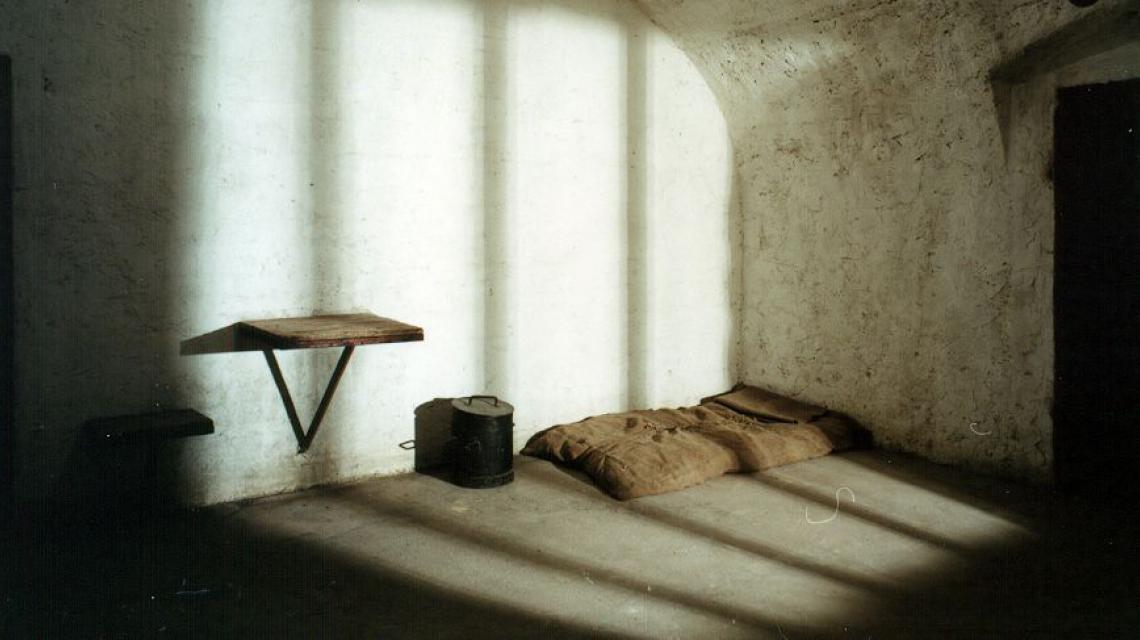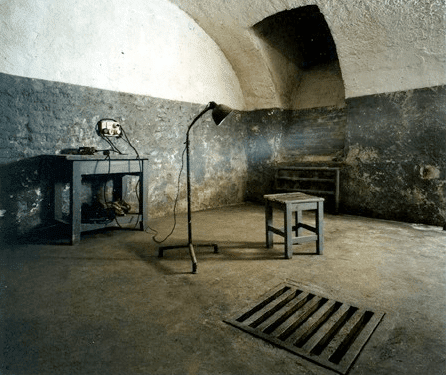We are all sinners; and sin over and again all through our lives - because sin is whatever is Not aligned-with God's creation.
. . .
Yet, no matter how deep in corruption and no matter the societal pressure towards evil; if a Man can recognize, acknowledge, and repent his sins and accept whatever the consequences - then, at that moment (and for eternity, if martyrdom is his fate), he becomes a light to dazzle The Enemy and push-back the darkness in this world.
The one thing that has perplexed me more than anything else over these past three years is the open and vehement resistance Christians put up when it comes to repentance.
I'm under the impression that Christians have begun to regard repentance as a sign of stupidity or weakness or, worse, as something that is somehow inherently un-Christian or ant-Christian.
I can't -- for the life of me -- wrap my head around this palpable resistance to repentance.
At times, I think the resistance may stem from the discomfort of having to acknowledge that one has sinned.
At other times, I feel it must emanate from diluted conceptualizations of what qualifies as sin.
Overall, I sense it emerges from the misguided notion that to acknowledge sin is to lose a decisive battle in the spiritual war; that the spiritual war can only be won by avoiding and overcoming sin.
Perhaps repentance makes Christians feel like losers rather than winners.
Let's set something straight - the two sides of the spiritual war do not consist of a side of sinners versus a side of sinless saints.
Sinners comprise both sides of the spiritual war!
The only meaningful difference between the two is that the side that is for God and Creation consists of repentant sinners, while the ranks opposed to God and Creation teem with unrepentant sinners!
What many decent, church-going, Bible-thumping, obedient, humble, intelligent Christians fail to understand is that unrepentance is how decent, church-going, Bible-thumping, obedient, humble, intelligent Christians like them end up on the wrong side of the spiritual war.
What seems to have gotten lost in the mix is the simple reality that repentance is one of the best possible ways to overcome sin and win the spiritual war. As such, it is something Christians should embrace rather than resist.
Every opportunity to repent should fill our hearts with a surge of fire and life, and we should welcome it with open arms. We don't win the spiritual war by trying to be or pretending to be sinless, but by repenting sin. By sincerely acknowledging and repenting sin.
It really is that simple.
So, the only remaining question for me is: Why the massive resistance to repentance among Christians?






 RSS Feed
RSS Feed

